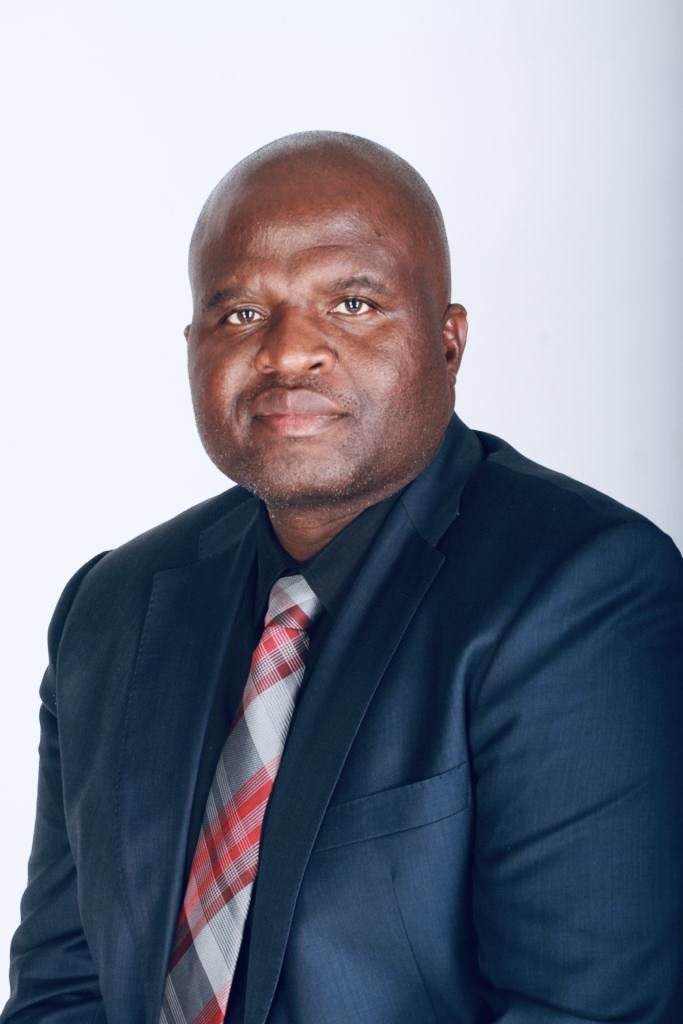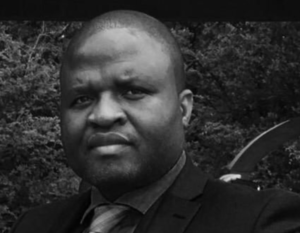By Tinomudaishe Chinyoka
A long, long time ago when I was young, long before life started to prove that it made no sense, back when it was possible to think that things were so bad they could only get better, something happened that would change my view of life. Forever.

My sister lost her son.
Call it childishness but one day my sister (RIP) was playing with me and bullying me (oh how I wish those days could be returned to us both), and the next day she was a mum. They had allowed me to laugh at her stomach without telling me that she was pregnant, and then she had this baby boy. He lived long enough to be given a name, then he was no more.
They buried him on the banks of a river, in an unmarked grave, saying that those that died so soon after birth weren’t given for the graveyard, thrown away and forgotten like he was never there, the child. My sister wailed when they left the villages (and her), to go dispose of her son.
She cried, my sister did. Cried like I had never seen before, cried while looking plaintively into my eyes like I could do something about it, which I couldn’t. I recall feeling ashamed, that I couldn’t help, that I had no idea how she felt, and that I wasn’t crying the same way, she cried until she didn’t cry anymore, then cried some more.
She rests now, my sister does. Left long before bearer cheques and wat wat: the churchman at her wake said she was reunited with the children that went before her, but I do not know. She rests, this much I do know.
Society’s pains and sores are written by those with power. As a result, we hear more about the hard cost of fuel and mega deals that never materialize than we do about child mortality rates or the hardships of giving birth in a home, a few kilometers from a hospital that won’t open and doctors that will not go to work. There no stories about the mothers who lose a child just born, all the joy of bringing forth life tragically taken away by an act of misfortune so devastating it carries no real survivors.
No stories will be told about the young woman that loses a child to a miscarriage or such. No stories will be told about her pain, her woe and her sorrow about how the sight of a child laughing with their mother brings tears to her own eyes. About how the sight of baby clothes or diapers is a painful reminder of what might have been. About how any talk of babies just brings back all the sorrows.
No stories about how every passing month, week, day, is a constant reminder of how old the pregnancy would have been. No one will recall to post status updates or messages on the day when she would have delivered her baby, but she will know, and weep, weep, weep until she cannot anymore and only stop because people will demand to know why she cries when everything is fine besides the cash shortage wat wat.
There are no graves, in a graveyard or even by the riverside, for miscarried babies. One day she is pregnant, then goes to sit on the toilet seat because of some stomach cramps and suddenly everything previously cherished escapes like waste, into the cistern, never to be held, never to be named, never to be cherished. Just like that, gone.
Every time she uses a toilet or cleans one, she is reminded of this loss. Every time she passes a sign that says ‘Toilet’ or ‘Ladies’,she is reminded of her loss. And of how lonely she is as she carries the memory of this loss. The pain, the anguish, she carries stoically alone, because no one knows her heart.
We are big on extolling the vagaries of life and lamenting how bad things are, but we do not know these private hells. The loss of a child induces a pain that my sister knew all too well, and one you don’t wish on your worst enemy.
Was it a he or a she? What would he/she have looked like? What name would he/she have carried? Unspoken, these questions rend the heart to pieces with a piercing pain and sorrow and that cannot be compared to such questions like what is the rate today or wat wat.
When an old person dies, they cry but say he/she had lived a fruitful life. Death is not welcomed but accepted.
What do you say to someone that has lost a baby? That God knows the answer? You might, but in the pained heart anger rages as to why this God would have allowed this question and answer to be debated on my particular child. Why me, she will want to know? That pain is obvious in the eyes of a grieving mother, and she might even get solace from those that held the baby, knew the baby, or even just heard about a child born to her.
But, what happens to the mother of a miscarried baby? Some friends and family might not even know about the pregnancy, and cannot offer solace. They will see a depressed mood and prescribe a party or ice cream or some such wat wat, not knowing that none of that would ever replace that which has been lost.
Imagine a girl living with her parents, about to get married and not yet showing. Imagine how she must pretend that all is well, because they didn’t know. Imagine how she must bury her pain deep while dying inside. And oftentimes pretend that nothing happened.
She is gone now, my sister is. But the pain that she endured lingers on. It might be a different kind of pain but it is there. A segment of it is carried by those children that do not go to school but loiter at traffic intersections directing traffic in the tragic hope that some of the drivers might stop to offer a token of their goodwill. You see the cousins of this pain in the long queues by the banks: people waiting to get the cash which was not delivered as promised, the need for it subsiding.
If she was alive today, my sister, looking plaintively into my eyes for answers, I would finally know what to say: because I would say to her: ‘I know exactly what you feel, my sister.’
Tinomudaishe Chinyoka is a qualified lawyer and social worker, living in Harare where he practices as an Advocate. He is a member of the ruling ZanuPF. Follow him on @TinoChinyoka

